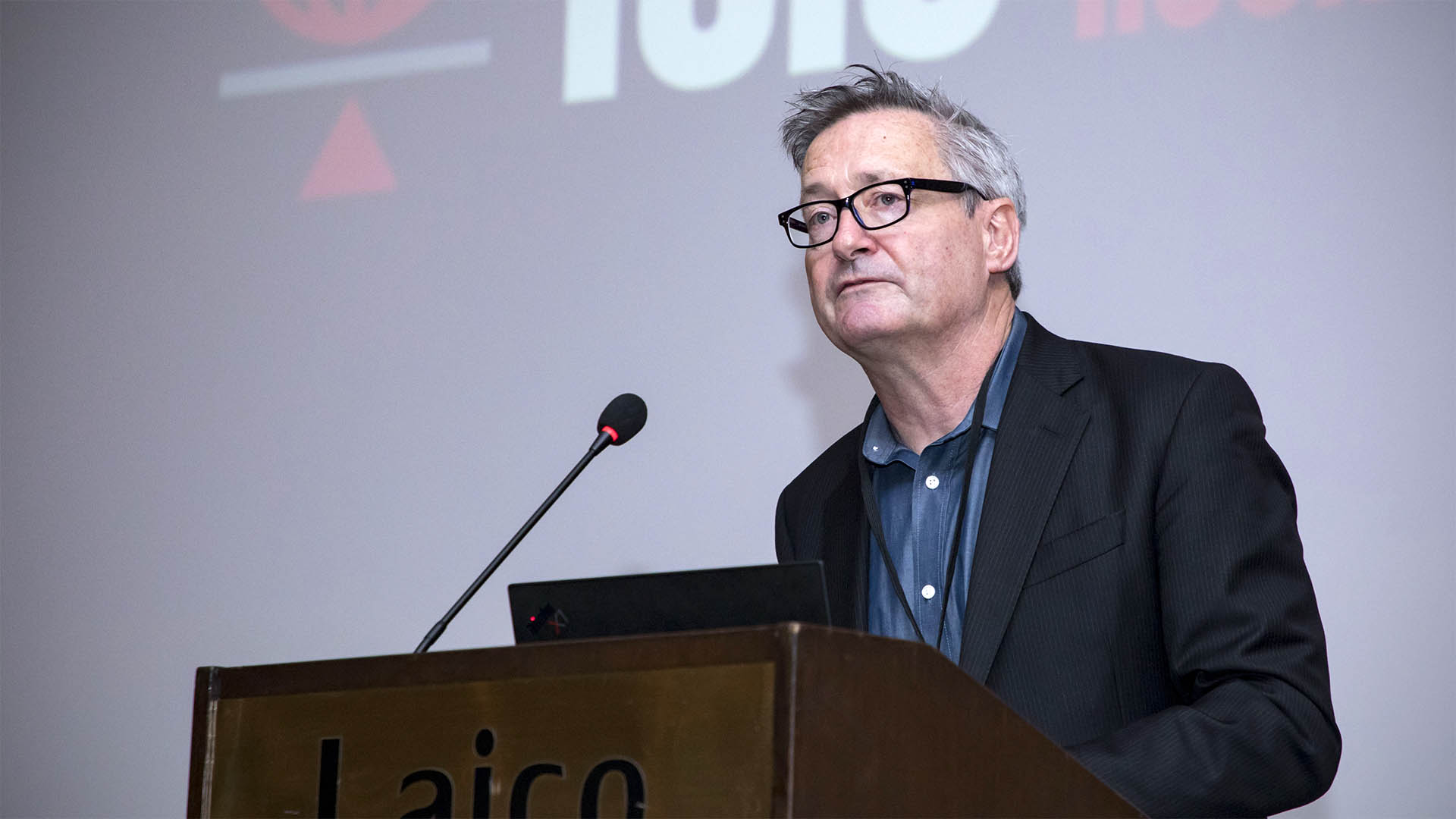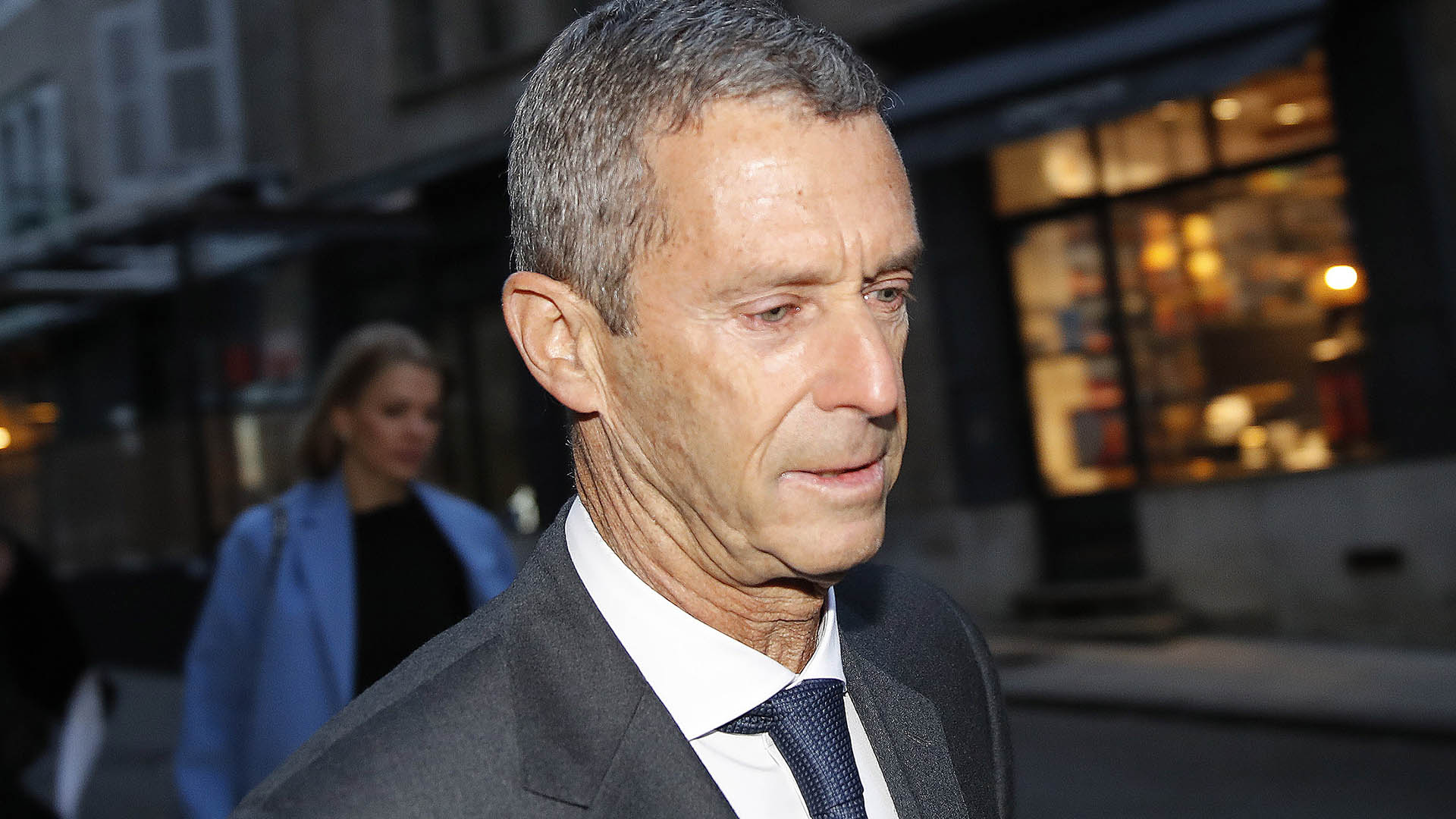Indian taxpayers appear a step closer to reaping millions of dollars their fellow citizens have stashed illicitly in secrecy jurisdictions, following a recent landmark ruling against the elderly beneficiary of an undeclared Swiss bank account.
Based on her declared taxable income of less than $4,000 in 2006, the powerful Income Tax Appellate Tribunal (ITAT) noted it would have taken Renu Tikamdas Tharani about 11,500 years to earn the $39.7 million held in the HSBC account in Geneva at the time.
Tharani, who is now in her late 80s and appears to be a U.S. resident, is among the Indian citizens whose names have been linked to Swiss Leaks, the International Consortium of Investigative Journalists-led investigation published in 2015, which exposed how the Swiss private banking arm of HSBC profited from doing business with tax dodgers and criminals around the world.
Using the HSBC account information, Indian authorities began reassessing tax returns going back 16 years and Tharani’s discrepancies came to light.
The tribunal found that Tharani was the sole beneficiary of a Swiss account linked to Cayman Islands-based GWU Investments, operated by the Tharani family trust.
She maintained ignorance of the origins of the cash in the account, denying it was in her name.
She also argued that she had been non-resident for tax purposes in India for the period under investigation and under Indian law did not even have to declare income earned overseas.
The tribunal dismissed her assertions, putting the onus firmly on her to prove she did not own the assets in the account and provide details of where the money came from, something she had refused to do.
“If a person has nothing to hide, we believe the person would have cooperated in obtaining the bank statements,” it said in a 55-page judgment delivered on July 16.
In dismissing her appeal, the tribunal questioned her statement that she did not know the settlor of the trust, saying that she was “not a public figure like Mother Terresa” who might expect to receive an anonymous donation of millions of dollars.
It also launched a scathing attack on the use of the Cayman Islands to incorporate the company linked to the Swiss account.
“The Cayman Islands is not known for philanthropists operating from there; if Cayman Islands is known for anything relevant, it is known for an atmosphere conducive to hiding unaccounted wealth and money laundering.”
The tribunal also questioned Tharani’s claim that she did not benefit from any of the proceeds of the trust fund after it was wound up. The tribunal said she had provided no details of what happened to the assets afterwards.
Tax reform advocates have described the ruling as a significant breakthrough for Indian authorities, hampered by banking secrecy laws in jurisdictions favored by its citizens intent on hiding billions of dollars in taxable income overseas.
With $4.1 billion in deposits, Indian citizens ranked 16th among account holders in more than 200 countries listed in Swiss Leaks. In 2007, the country’s GDP per capita was $1,000.







